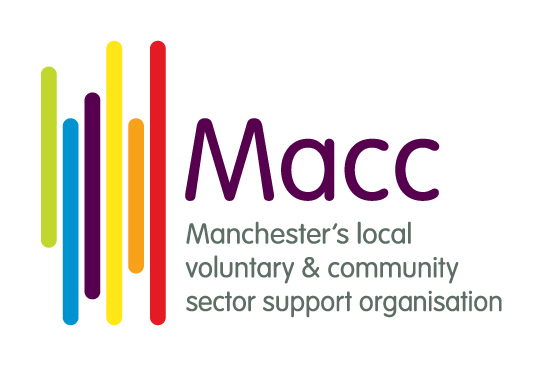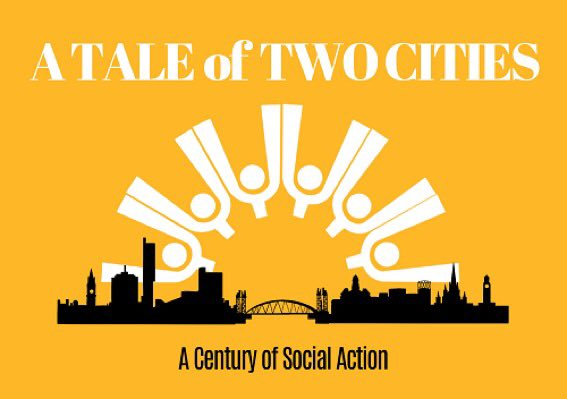No Going Back: A New Report from Macc on Manchester's Voluntary Sector Response to the Covid-19 Crisis
No Going Back, Macc's latest report brings together the experiences of 22 local voluntary sector leaders who shine a light on the critical role that the voluntary, community and social enterprise (VCSE) sector has played during the response to the Covid-19 crisis. As well as reflecting on the lessons learned during the crisis, the leaders make the case for change going forward and highlight the unique opportunity society has to make things better in the future. Articles cover a diverse range of issues including: mental health; disability; community radio; funding; community centres; racism; sexual abuse; domestic violence; prisoners; commissioning; partnership; youth support; LGBT; and advice.

 Over the past three years communities up and down the country have come together to celebrate the life of Jo Cox MP. Thousands of community events have taken place, with people around the country showing that we have more in common.
Over the past three years communities up and down the country have come together to celebrate the life of Jo Cox MP. Thousands of community events have taken place, with people around the country showing that we have more in common. As you may be aware, earlier this year Manchester City Council and Manchester Health and Care Commissioning launched a competitive tendering process for the contract to provide support to the city's voluntary and community sector for the next three years. We are delighted to announce that Macc has been awarded this contract.
As you may be aware, earlier this year Manchester City Council and Manchester Health and Care Commissioning launched a competitive tendering process for the contract to provide support to the city's voluntary and community sector for the next three years. We are delighted to announce that Macc has been awarded this contract.

